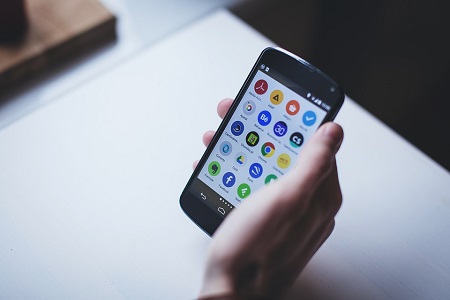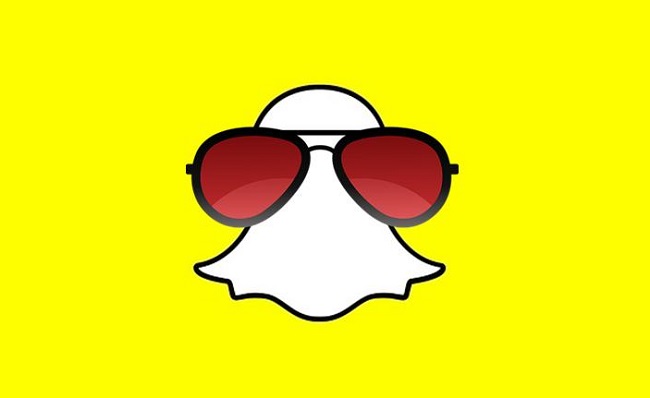Application developers felt that providing consumers with a smooth experience was by far the most important consideration.
Adding a mobile commerce experience to apps has given developers a whole new way to monetize their products. Now, they aren’t simply reliant upon the purchase price of the application to make money. Furthermore, enabling ads is also not the only route available to them, particularly when offering a free app.
That said, the choice to include an m-commerce checkout option also comes with several additional decisions.
For the vast majority of app developers, providing a smooth and seamless mobile commerce experience is the highest priority. They strive to provide the consumer with a frictionless experience. The hope is to add to the experience for the user, instead of detracting from it. This, according to The Evolving State of Mobile Commerce study by VisionMobile.
 That research provided insight based on the participation of 1,986 app developers. These developers all used the VisionMobile platform for the m-commerce component of their apps.
That research provided insight based on the participation of 1,986 app developers. These developers all used the VisionMobile platform for the m-commerce component of their apps.
The mobile commerce experience survey revealed that there are certain strategies that most developers have in common.
Among the respondents, 53 percent said they used app-store billing. This made it by far the most popular among the mobile payments options available. Geography played a role in the most popular billing methods. In emerging markets, operator billing – also known as carrier billing – were most common. This was because those are markets in which it is not commonplace to have credit cards. Thirty three percent of app developers in Africa and the Middle East used that form of payment method for their mobile commerce apps.
The survey revealed that there are three main considerations for app developers when choosing m-commerce payment methods. Those considerations were:
• Seamless and frictionless user experience – easily the most important factor, taking a top priority by 66 percent of respondents. In fact 53 percent said smooth mobile commerce experience was more important than cost.
• Security and the ability to prove it – they need to be able to enable secure payments and show that to consumers.
• Capabilities for international expansion – apps need the potential to grow beyond specific borders or regions.

 Moreover, this would not be Snapchat’s first foray into the world of augmented reality technology. It has already added a spectrum of new filters – called Lenses – within its mobile app.
Moreover, this would not be Snapchat’s first foray into the world of augmented reality technology. It has already added a spectrum of new filters – called Lenses – within its mobile app.